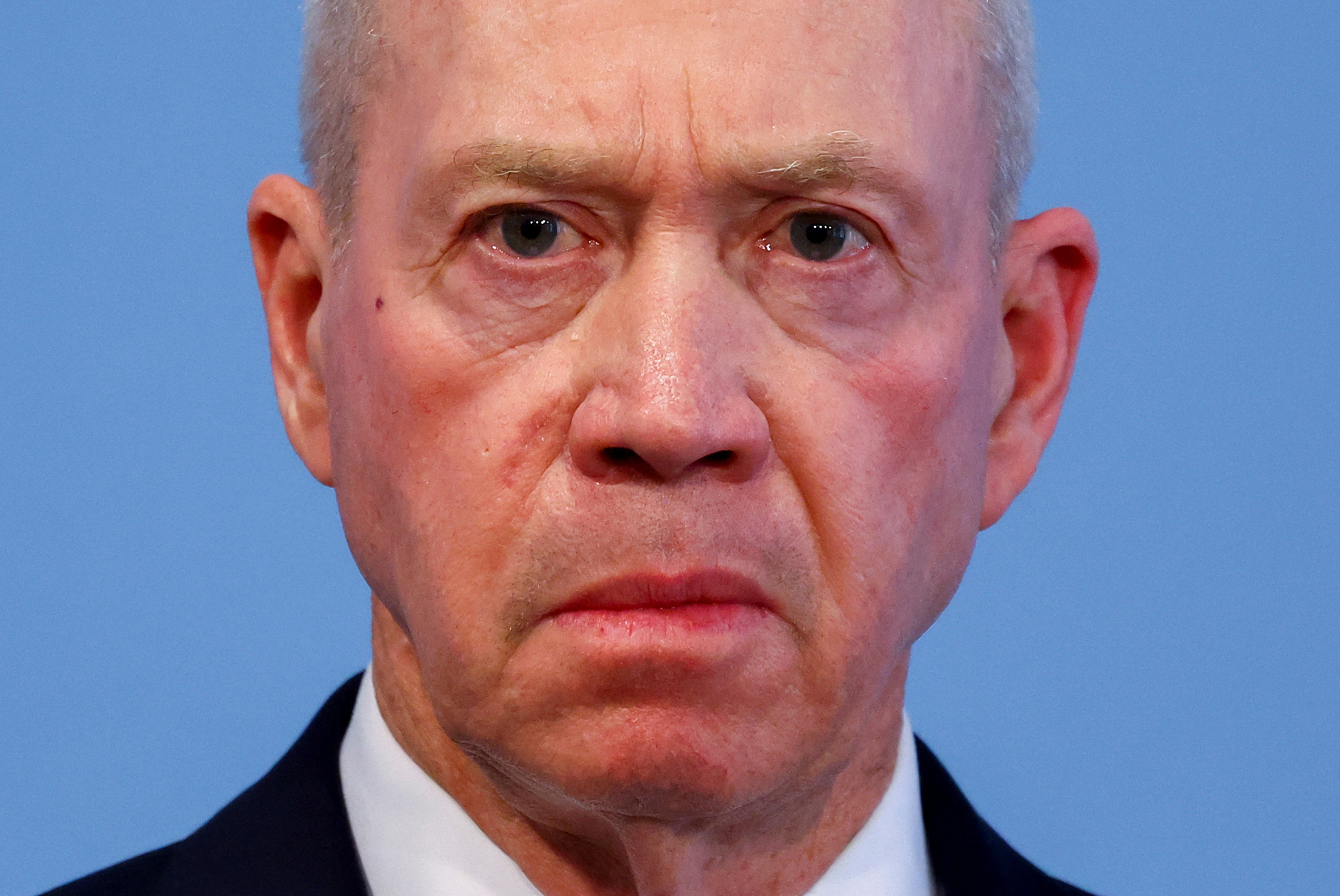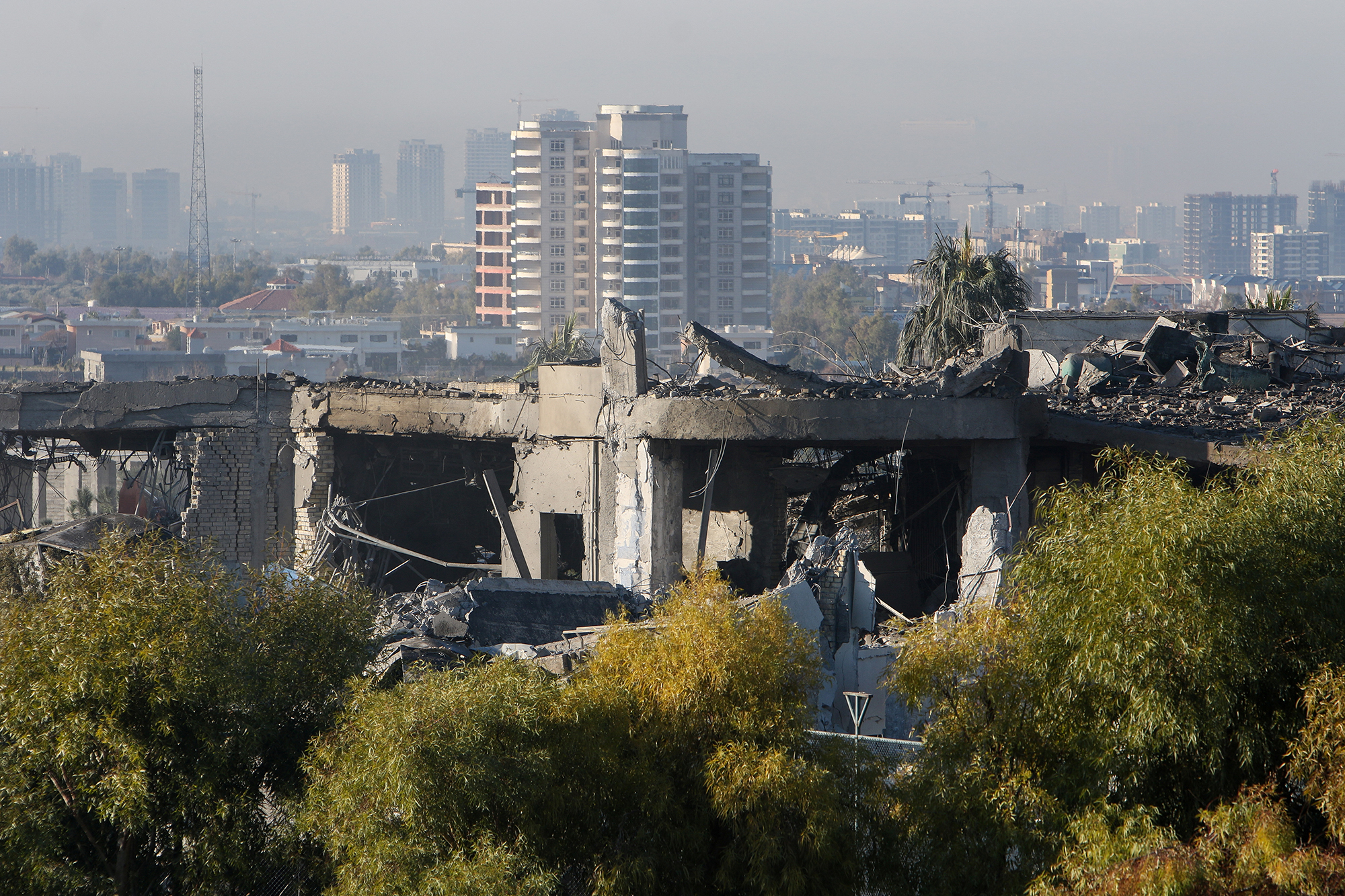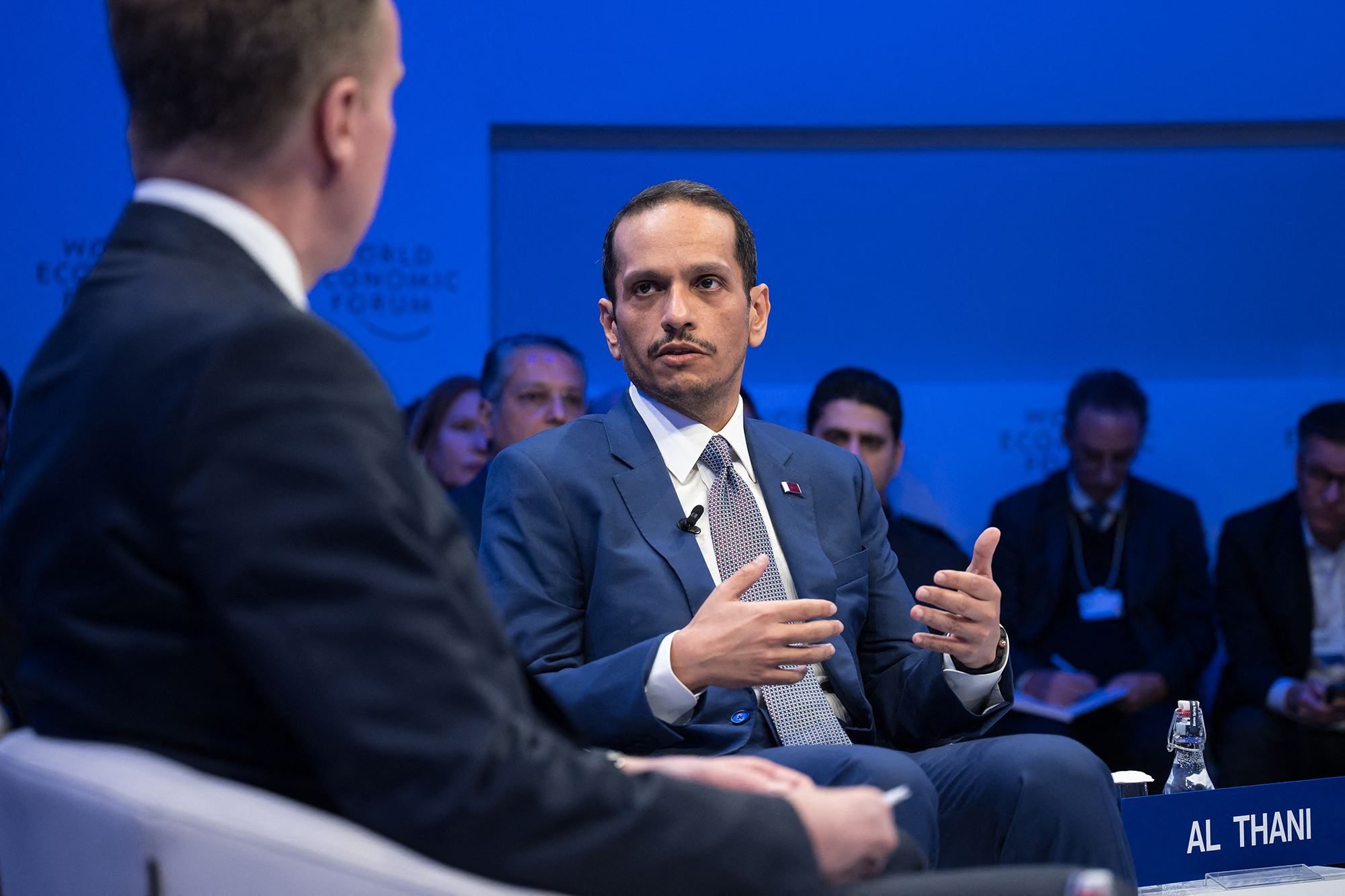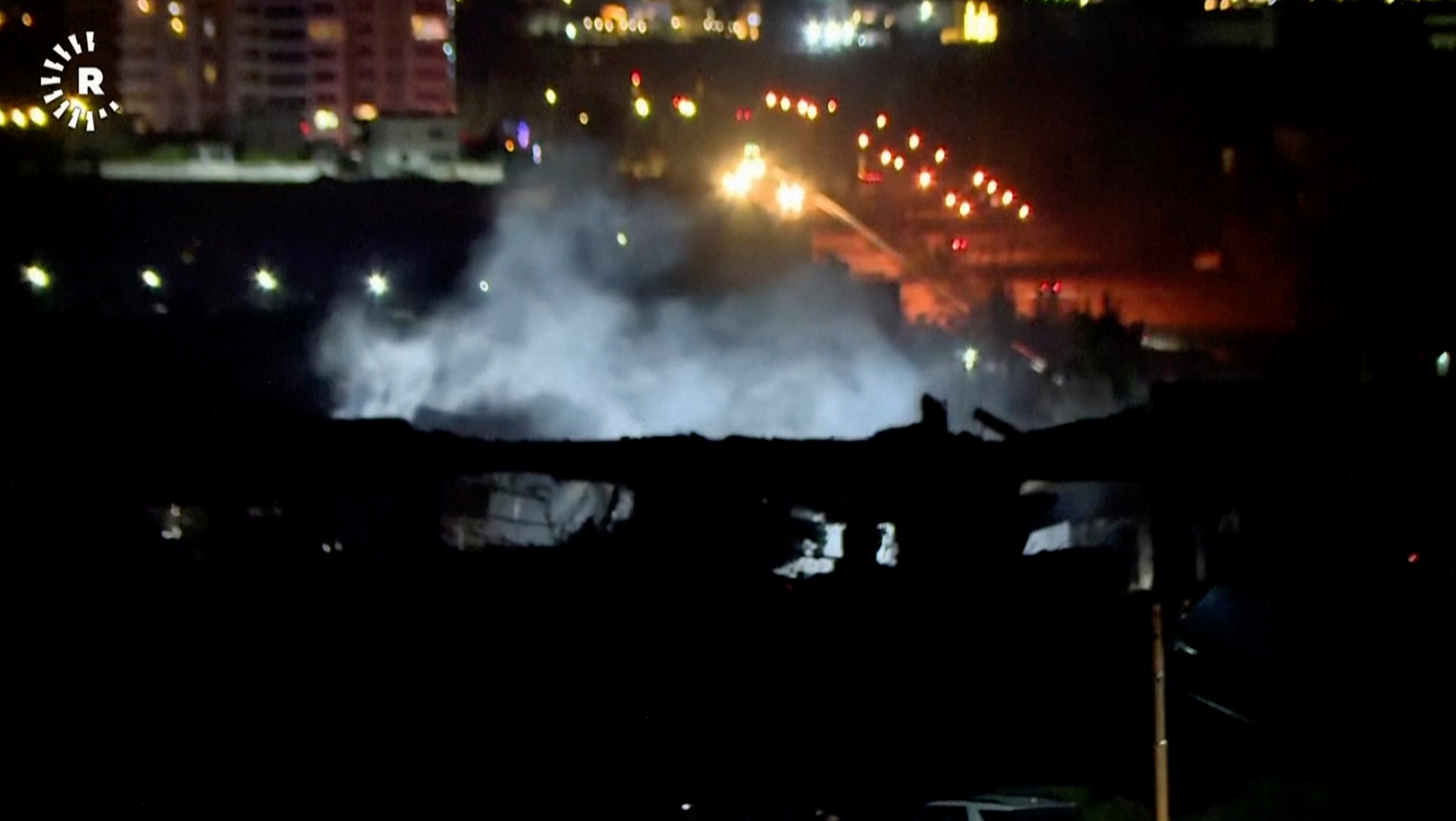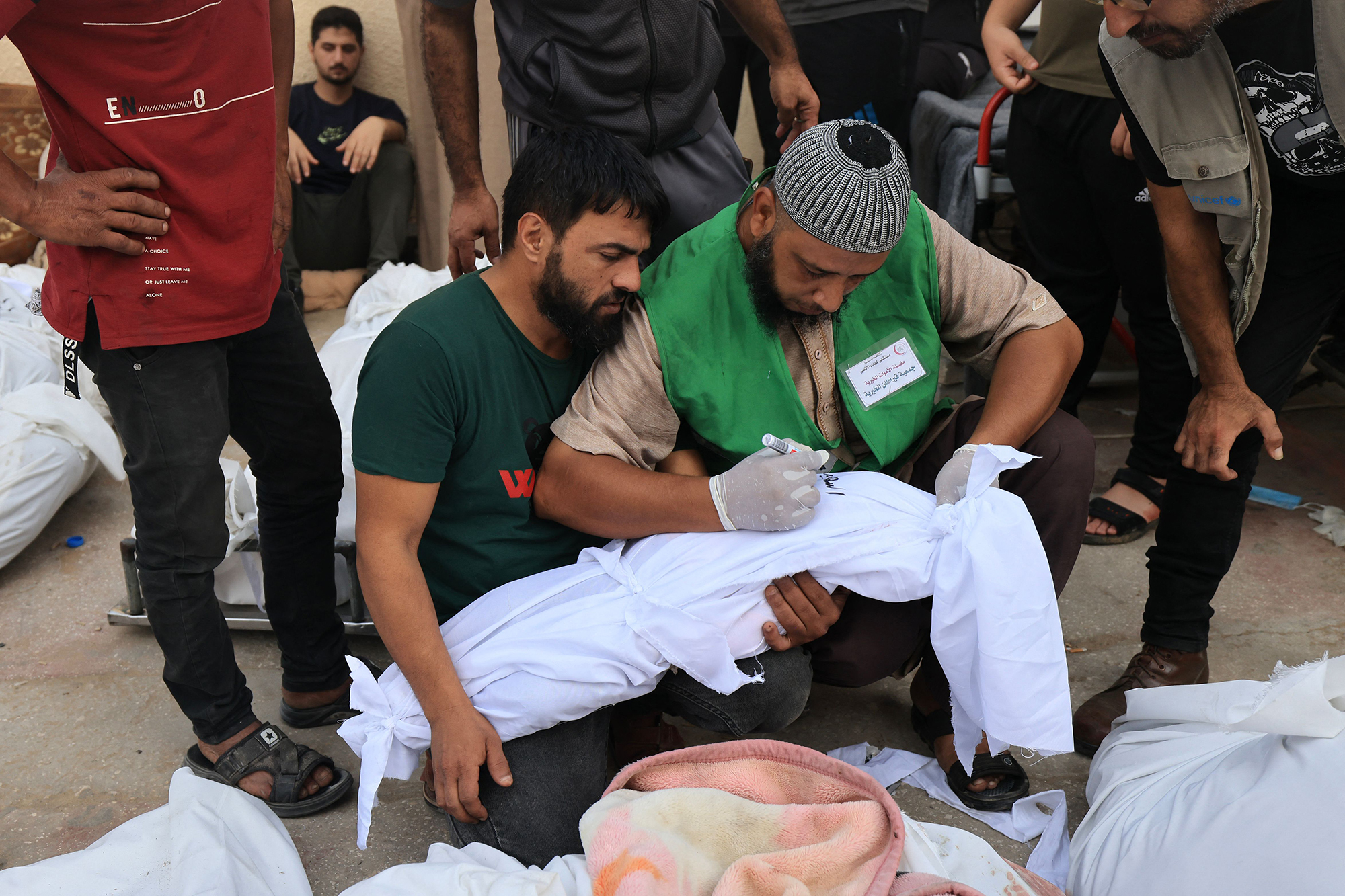
At least 10,600 children have been killed in Israeli attacks in Gaza since October 7, the Hamas-run Ministry of Health said on Tuesday.
“The Palestinian death toll from the ongoing Israeli aggression has exceeded 24,285, of which 75% are children, women, and elderly people. (+10,600 children, 7,200 women, and 1,049 elderly people),” the ministry said.
At least 158 people were killed in Israeli attacks on the Gaza Strip in the last 24 hours, and 320 others were wounded, the Hamas-run Ministry of Health added Tuesday.
“A number of victims are still under the rubble and on the roads, and ambulance and civil defense crews cannot reach them,” the ministry said.
CNN cannot independently verify the Health Ministry's number due to restrictions on reporting from a war zone.
The Israel Defense Forces (IDF) said on Sunday that more than 9,000 of the dead were Hamas fighters. CNN also cannot confirm this figure.

